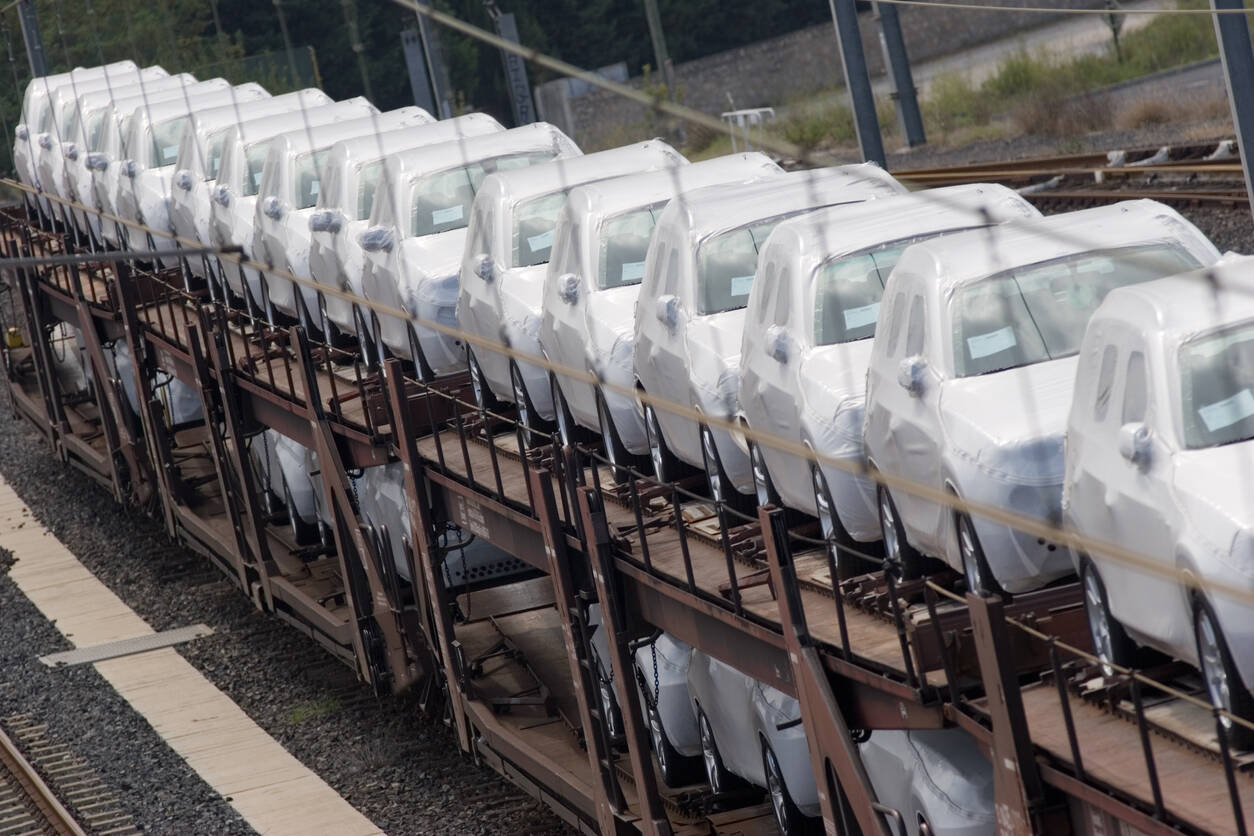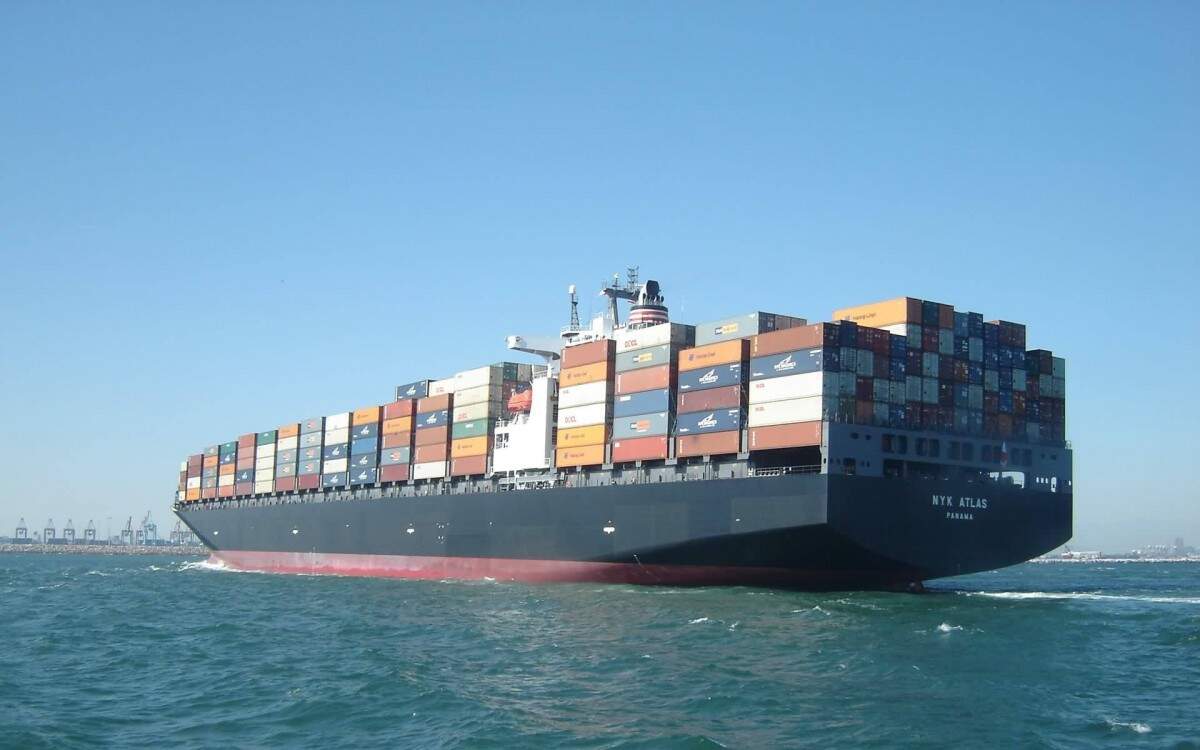
Mumbai: The auto industry is not just struggling to recover from the pandemic impact on the domestic front, but its exports, especially to neighbouring countries, are being impacted due to foreign currency challenges, export orders drying up and border closures to Nepal and Bangladesh.
Companies such as Tata Motors, Mahindra and Ashok Leyland have had their exports severely impacted over the past 3-4 months prompting them to realign strategies to the African and South American markets.
The three markets of Bangladesh, Sri Lanka and Nepal, which already have country-specific issues, are also refusing to open up Letters of Credit (LOC) in US dollars, which has left Indian players miffed.
Export of passenger and commercial vehicles, which accounts for 40-60% to these triad countries has been badly hit for Tata Motors and Ashok Leyland. However, Mahindra has been somewhat insulated by its tractors, which is seen as part of the agricultural machinery mainly in Bangladesh and Nepal, sources said.
India’s CV Exports to neighboring countries
| 2018-2019 | 2019-2020 (Till February) |
| Bangladesh | 1,41,105 |
| Nepal | 10,980 |
| Sri Lanka | 7,344 |
* figures in million dollars
(Source: SIAM)
Till recently, these three countries, led by Sri Lanka and followed by Bangladesh, were a significant finished vehicle export destination.
But now, Indian manufacturers may have to revise their export targets southwards, anywhere between 30-50%, not expecting the situation to improve soon especially as the neighbouring countries are impacted severely by lack of funds.
While the Sri Lanka government has put the brakes on imports of non-essential items, which includes automobiles, to give a boost to local manufacturing, sources say that Mahindra’s CKD unit in Sri Lanka, which produces its KUV100, is exempt from import restrictions.
However, some of its other export vehicles such as Bolero and Scorpio are badly hit. A Mahindra spokesperson declined to comment to queries ET had sent. Ashok Leyland also declined to comment.

Most large Indian commercial vehicle manufacturers have historically had a strong presence in neighbouring countries. With their domestic volumes being significantly affected, companies will need to rethink their approach to these export markets and also evaluate country-specific sales acceleration initiatives,” says Vinay Raghunath, head, auto practice, EY.
Company distributors have started shutting shop and returning to India. An employee of a truck distributor in Sri Lanka said, “The overall atmosphere is not conducive to conduct business and we have no idea when things will return to normal”. The foreign currency challenges and border closures to Nepal and Bangladesh have affected all dispatches till end May and the movement of goods across borders has started only from June.
A Tata Motors company spokesperson mentioned that commercial vehicles form the bulk of their exports which saw a drop of 41% at 29,845 units in FY20 as compared to FY19, while overall exports dropped by 59%.
Sources mentioned that Tata Motors is selling Euro-2 compliant products to Nepal and Bangladesh, especially for its commercial vehicles, including variants of its SCV, Ace. These are, however, limited in Sri Lanka which allows Euro-4 specification items only. The company has not shipped to Sri Lanka over the last 8-9 months.
Exports are order-driven and most of it has dried up to these countries, says Mahantesh Sabarad, retail head, SBICap Securities.
The Federation of Indian Exports Organisation (FIEO) recently mentioned that exports to Bangladesh through the land ports in West Bengal are still at a trickle stage with more than 5,000 trucks stuck at various locations along the border. Drivers fear that they will be quarantined after returning from Bangladesh which is resulting in major financial losses.
Khalid Khan, chairman, western region, FIEO, says exporters (companies) are being declared risky and the tariff barriers, various inspections and withdrawal of incentives have all led to a nightmare recently. Companies are working with the authorities to sort out issues. With most CV manufacturers having assembly operations in Bangladesh, soon this country could become an automotive hub to export to other countries too, said Sabarad.
Also Read: Auto Sales Analysis: Domestic sales in red; consumer sentiments recover in June 2020